Barrick seeks $3.5B in global financing for Pakistan’s Reko Diq mine
Canadian miner eyes G7-backed lenders, including US institutions, to fund massive copper-gold project set to start production in 2028

Haris Zamir
Business Editor
Experience of almost 33 years where started the journey of financial journalism from Business Recorder in 1992. From 2006 onwards attached with Television Media worked at Sun Tv, Dawn Tv, Geo Tv and Dunya Tv. During the period also worked as a stringer for Bloomberg for seven years and Dow Jones for five years. Also wrote articles for several highly acclaimed periodicals like the Newsline, Pakistan Gulf Economist and Money Matters (The News publications)

Canadian mining giant Barrick Mining is seeking to raise up to $3.5 billion from international lenders, including U.S.-backed institutions, to fund the construction of the Reko Diq copper and gold mine in Pakistan’s Balochistan province. This comes after earlier talks for Saudi Arabian financing failed to produce a deal.
Barrick CEO Mark Bristow confirmed that the company is working on a financing package involving lenders from G7 countries, including the World Bank’s International Finance Corporation, the U.S. Export-Import Bank, the U.S. Development Finance Corporation, the Asian Development Bank, and institutions in Germany, Canada, and Japan.
“There is a lot of interest to support Pakistan,” Bristow told the Financial Times, adding that the $9 billion project had “focused a spotlight” on the region.
The first phase of the Reko Diq mine—jointly owned by Barrick (50%) and the Pakistani federal and provincial governments (50%)—is expected to cost $6.6 billion. Barrick and Pakistan will each contribute between $1.5 billion and $1.8 billion, with the remainder to be raised through international financing.
“It’s a perfect situation where Pakistan is investing alongside us, 50-50,” Bristow said. “We bring the skills and we’re the operators, and then we’re gearing it with international limited recourse financing.”
Barrick had previously explored funding options with Saudi Arabia’s Manara Minerals, which considered acquiring a 20% stake in the project. However, the talks concluded without an agreement.
Production at Reko Diq is scheduled to begin in 2028, amid growing global competition for strategic minerals critical to energy infrastructure and military technology. The project has attracted geopolitical interest, particularly from the United States, which is actively seeking to secure mineral supply chains amid concerns over Chinese dominance in metal refining.
Bristow noted that any U.S. involvement in financing could give it access to the mine’s copper concentrate, though the country still lacks sufficient domestic smelting capacity to process it into usable metal.
“The challenge for the U.S. is smelting to capacity—it’s all spoken for,” he said. “The U.S. needs more domestic smelters if it really wants to reduce dependence on Chinese imports.”
Meanwhile, Barrick is also dealing with legal challenges elsewhere. In Mali, its Loulo-Gounkoto gold mine has been under court-appointed administration since June, following a dispute with the country’s military government over mining laws introduced in 2023. The company has initiated international arbitration through the World Bank’s ICSID.
Bristow, who has previously used arbitration successfully in Pakistan and Tanzania, expressed confidence in the legal process.
“The world has become a place where the concept of agreements and commitments are all fungible,” he said. “It would go against the principles of why people invest in us if we showed that any deal is acceptable, no matter the implications.”
Barrick reported second-quarter net earnings of $811 million, up 33% year-on-year, driven by record-high gold prices.


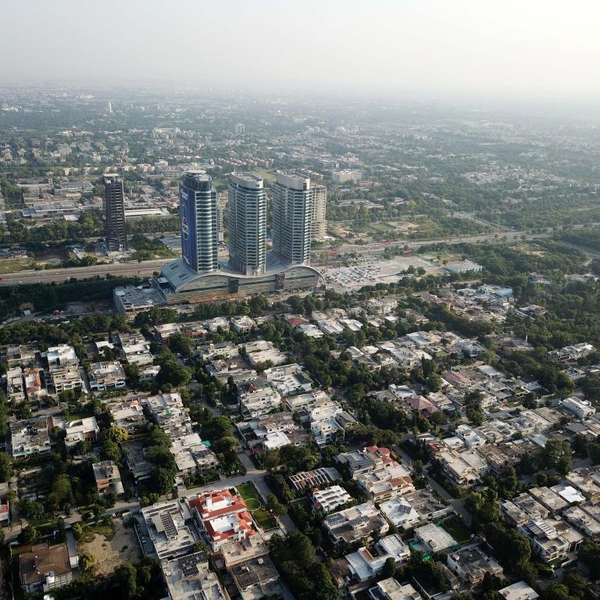
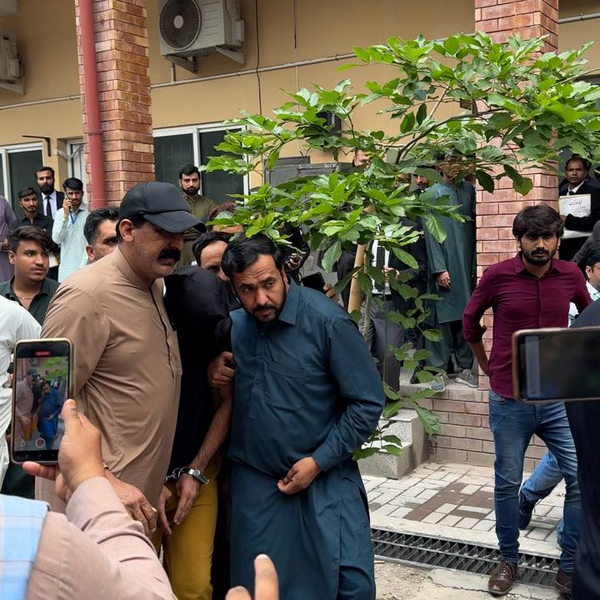
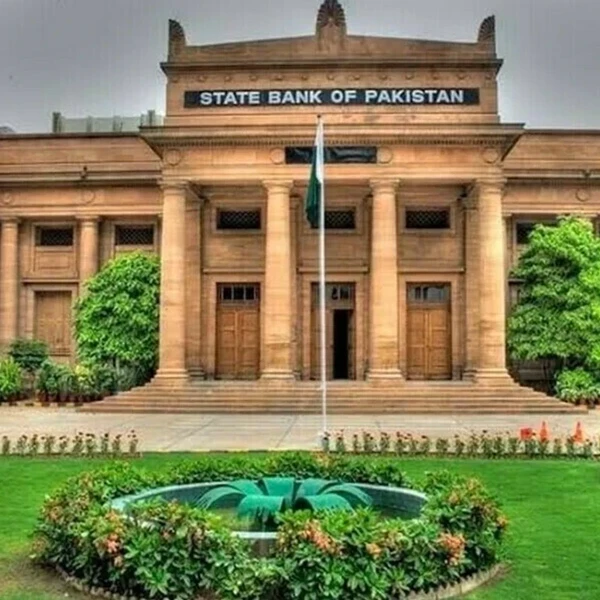
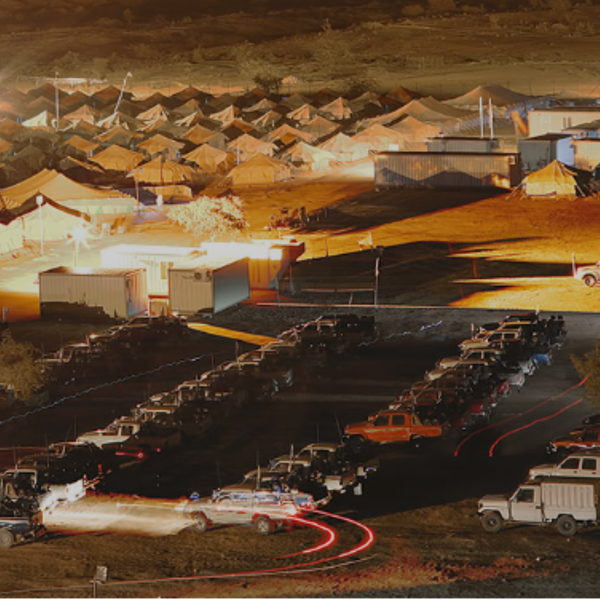
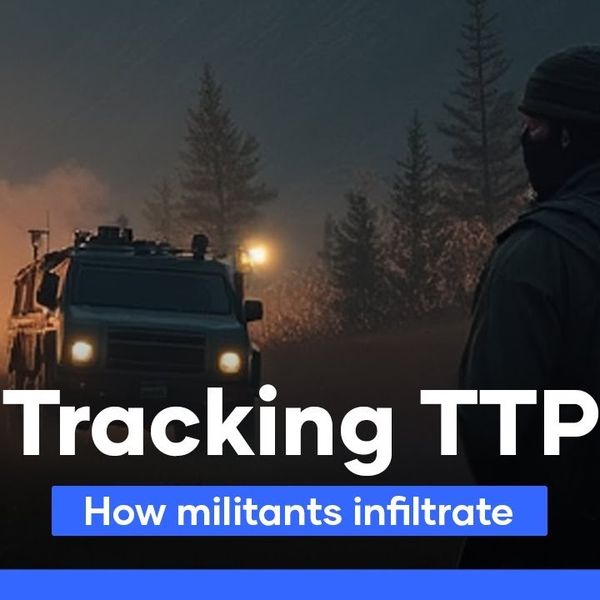
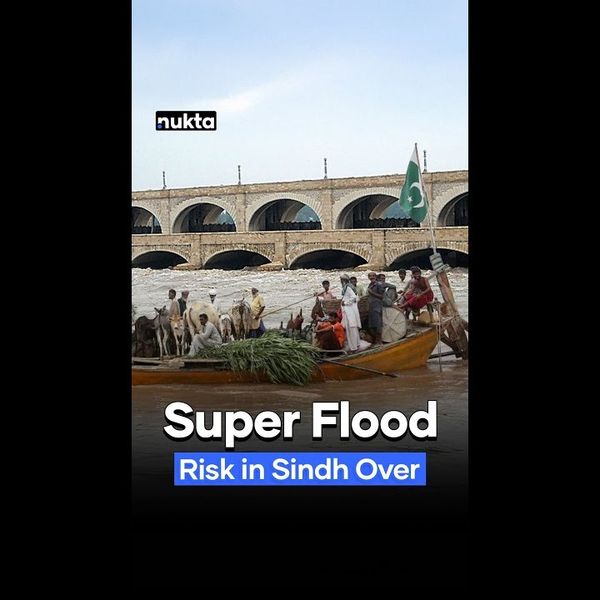
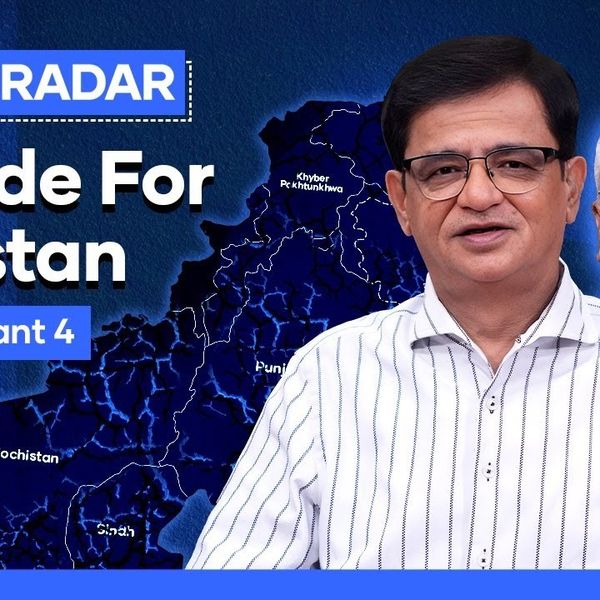

Comments
See what people are discussing